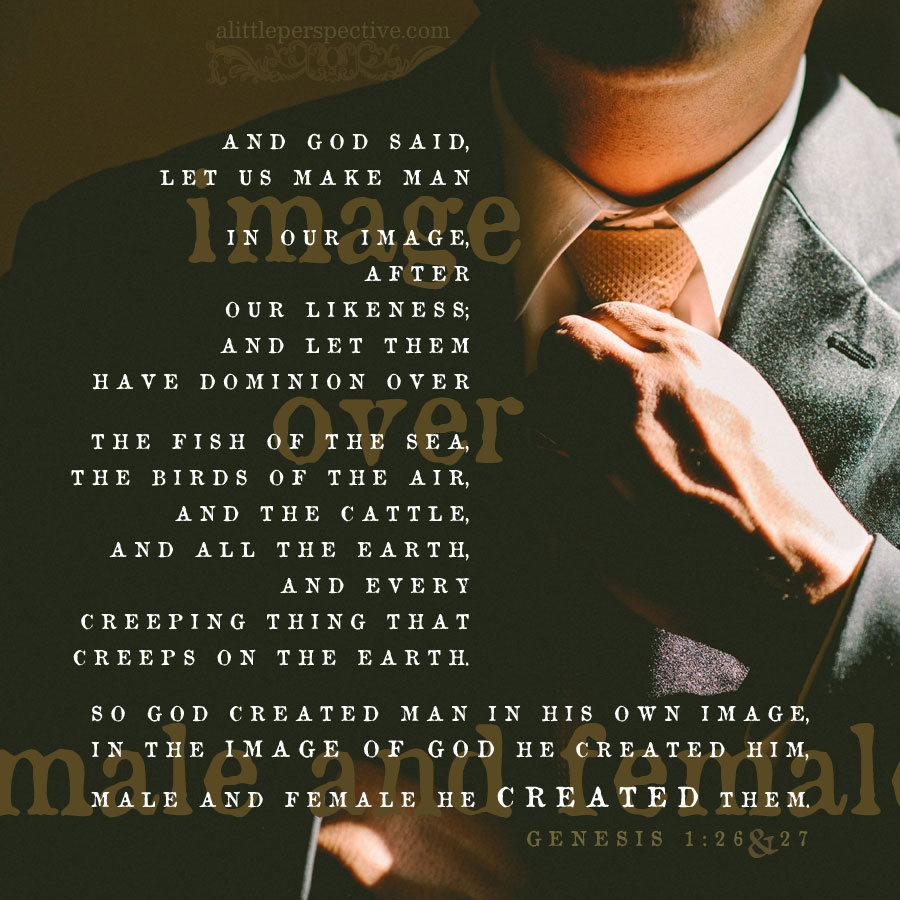the deity of messiah, part one
Yesterday we presented the problem some have with trinitarianism, which is: it seems to be a violation of the foundational doctrine of God in Scripture, the Shema:
Hear, O Israel: The Lord our God, the Lord is one! Deu 6:4
In trinitarianism (and I hope I present this side fairly and accurately as well; if not I am sure someone will kindly let me know) God is one God existing in three persons, not as three separate beings: God the Father, God the Son, and God the Holy Spirit. When I was a child I asked my Lutheran pastor once how God could be three yet one. He explained to me that God is greater than we are, and some things about Him we cannot fully understand, we just have to accept them because this is what the Bible teaches about God. I have no problem with this explanation, because I understand that as a human being, what I can understand rationally is limited; my ability is finite. It is only God’s ability and understanding that is infinite.
Trinitarians do not believe that God is three separate beings. They fully accept the Shema, and merely believe that the One God, for purposes and wisdom of His own, has chosen to manifest Himself to men in three manifestations: as Father, as Son – specifically to be Messiah for mankind – and as Spirit. The first passage which seems to clearly indicate a plurality of nature for God the Creator of heaven and earth, is in Gen 1:26:
Then God said, “Let Us make man in Our image, according to Our likeness; let them have dominion over the fish of the sea, over the birds of the air, and over the cattle, over all the earth and over every creeping thing that creeps on the earth.”
Yes, those are plural pronouns in Hebrew. Even the Hebrew word for “Creator God” used in the opening chapters of Genesis and throughout Torah, Elohiym, is a plural word. So in the foundational books of the Bible, the Torah, there seems to be a contradiction. The plural grammar of Gen 1:26 leads one in the trinitarian direction, while the grammar of Deu 6:4, the Shema, leads one in the unitarian direction. However, we know that there is no real contradiction (truth does not contradict), and if all we can see is the contradiction, then we have not yet understood the message of Scripture aright.
As a matter of fact, Scripture sets up seeming contradictions and seeming opposites in many of its other foundational doctrines as well. Law seems to be the opposite of grace; faith seems to be the opposite of works, the Word seems to oppose the Spirit; election seems to oppose free will. An air-tight case can be made for each of these doctrines from Scripture, and when one places the Scriptures for one side against the Scriptures for the other side, it raises questions.
I do not see these foundational doctrines as enemies or opposites, however. Logic, an exercise of the human rational (finite) mind, tells us that it must be one OR the other. God must be one OR three; it must be law OR grace; faith OR works; Word OR the Spirit; election OR free will. What if these seeming opposite doctrines were two sides of the same coin? What if it is in reality (as I believe it is), one AND three; law AND grace; faith AND works; Word AND the Spirit; election AND free will?
the deity of messiah, part three
the deity of messiah, part four
the deity of messiah, part five

















Leave a Reply